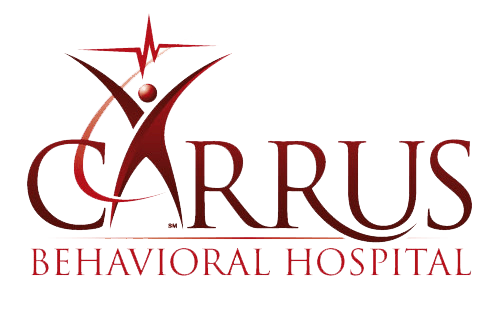
Approximately 2.3 million Americans have been diagnosed with bipolar disorder, a condition characterized by abrupt, dramatic, and alternating mood swings of depression and mania.
The state of depression can cause feelings of sadness, worthlessness, hopelessness, or even suicidal thoughts, while a maniacal mood can cause excitability, racing thoughts, and intense rage. If left untreated, bipolar disorder can make it difficult for one to function at school or in the workplace and can have a devastating effect on personal relationships.
The exact cause of bipolar disorder is unknown, but there appears to be several contributing factors. It can run in families due to an inherited genetic component. In fact, people with a family history of bipolar disorder or depression tend to have a higher risk of developing the condition. Certain environmental factors may also be responsible for bipolar disorder, including intense stress, substance abuse, and sleep deprivation.
Bipolar disorder is a lifelong condition that typically develops in the late teens and early twenties, affecting both men and women. The good news is that bipolar disorder is treatable and those who have it can – with the right treatment – lead happier and fulfilling lives.
Treating Bipolar Disorder
Treatment for bipolar disorder is directed at managing symptoms and is best administered by a mental health specialist – such as a psychiatrist, a psychologist, a social worker, and/or a psychiatric nurse.
Depending on the patient’s individual needs, treatment options for bipolar disorder include:
- Medications – Bipolar disorder requires lifelong treatment with medications that balance moods. The type and doses of medications prescribed are based on the patient’s specific symptoms. These may include:
- Mood stabilizers
- Antipsychotics
- Antidepressants
- Antidepressant-antipsychotics
- Anti-anxiety medications
- Psychotherapy – This vital part of bipolar disorder treatment can be provided in an individual, family, or group settings. The most common types of psychotherapy include:
- Interpersonal and social rhythm therapy (IPSRT), which focuses on establishing a consistent routine for daily rhythms, such as sleeping, waking, eating, and exercising, in order to allow for better mood management.
- Cognitive behavioral therapy (CBT), which focuses on identifying and replacing unhealthy, negative beliefs and patterns of behavior with healthier, more positive ones. CBT is instrumental in recognizing the triggers of bipolar episodes and learning ways to manage stress and cope with upsetting situations more effectively.
- Psychoeducation, which seeks to help patients and loved ones understand the condition, so they can receive the best support and formulate strategies to prevent relapses while continuing with the treatment program.
- Family-focused therapy, which provides family support and fosters the communication necessary to recognize and manage the warning signs of bipolar mood swings.
Other bipolar disorder treatment options are available for those who do not respond to medications or cannot take antidepressants for certain health reasons (such as pregnancy or an elevated risk of suicide). These include electroconvulsive therapy (ECT), in which electrical currents are passed through the brain, causing changes in brain chemistry that can reverse the symptoms of certain mental illnesses, and transcranial magnetic stimulation (TMS), which has been shown in studies to improve cognition in depressed individuals with bipolar disorder.
Bipolar Disorder Treatment in Sherman, Texas
Carrus Behavioral Health Hospital offers a new, state-of-the-art facility that provides 24-hour inpatient behavioral care in a safe and therapeutic environment for those suffering from bipolar and other disorders. Our multidisciplinary team, led by a board-certified psychiatrist, provides effective therapies tailored to the needs of each child, adolescent, or family member.
Our programs utilize contemporary, evidence-based therapeutic practices, including the Recovery Model of Care and Trauma-Informed Model of Care. Carrus clinicians engage patients and families in cognitive behavioral psychotherapeutic interventions, psychoeducation interventions, along with the importance of health leisure and wellness activities.
Carrus’ clinical team understands and recognizes the unique needs of children, adolescents, and adults. We are here to help deal with their emotional, behavioral, and psychological disorders. Our goal is crisis stabilization, as well as providing patients with tools to continue and sustain their recovery upon discharge, so they can return home to a happy and healthy life.
At Carrus, we are transforming healthcare through hope and healing. For more information, call the Carrus Behavioral Health Hospital in Sherman, Texas, at (903) 870-1200 or have your family physician provide a referral by calling (903) 870-1222.

